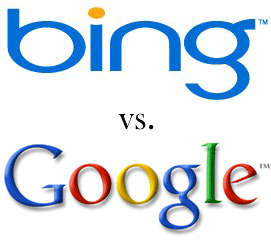Fact checking is essential in a (mis) information rich environment.
FactCheck.org
Brilliant resource from the Annenberg Public Policy Center. There is also a
six year archive of contents. As you would expect, the current materials focus on the health care debate. For a truly balanced view of things, when the facts have been checked, and all varieties of political spin revealed this is my new FIRST STOP for FACTS.
This is a treasure trove!
Tags:
media,
research,
factcheck,
21cif,
evaluation
FactChecked.org
Luckily, FactCheck.org also has a highly developed classroom section that provides in-depth lesson plans and media links. These are highly polished materials for educators seeking a way to teach critical thinking and evaluation skills to their students. The Lesson Plan Archive
( http://www.factchecked.org/LessonPlans.aspx ) will intrigue any educator looking for a way to engage students. These plans are edgy and up to date. If you've been looking for a way to teach thinking and evaluation of media.
I've been vitally interested in Investigative Searching for sometime. Fact checking, triangulation of data, skeptical and inquisitive attitude has been part of that package all along. However, I hadn't focused on Fact Checking until I reviewed the results of our summer work with 1000 teenagers who took our new Investigative Searching 20/10 online course. The data clearly shows that Fact Checking is an area of great weakness. Teenagers HATE to fact check.
This resource could change all that because once you break through the barriers, this works is stimulating, engaging, and fun. In fact, I may try one of the plans with my current group of undergraduate teacher candidates.
Monty Python and the Quest for the Perfect Fallacy really appeals to me!
If you decide to use this resource, let me know what you think! (Emphasis on the think. 8-)
~ Dennis In San Diego, remembering Joe Friday's essence "Just the facts..."
Posted from
Diigo. The rest of
Information Fluency group favorite links are here.




















